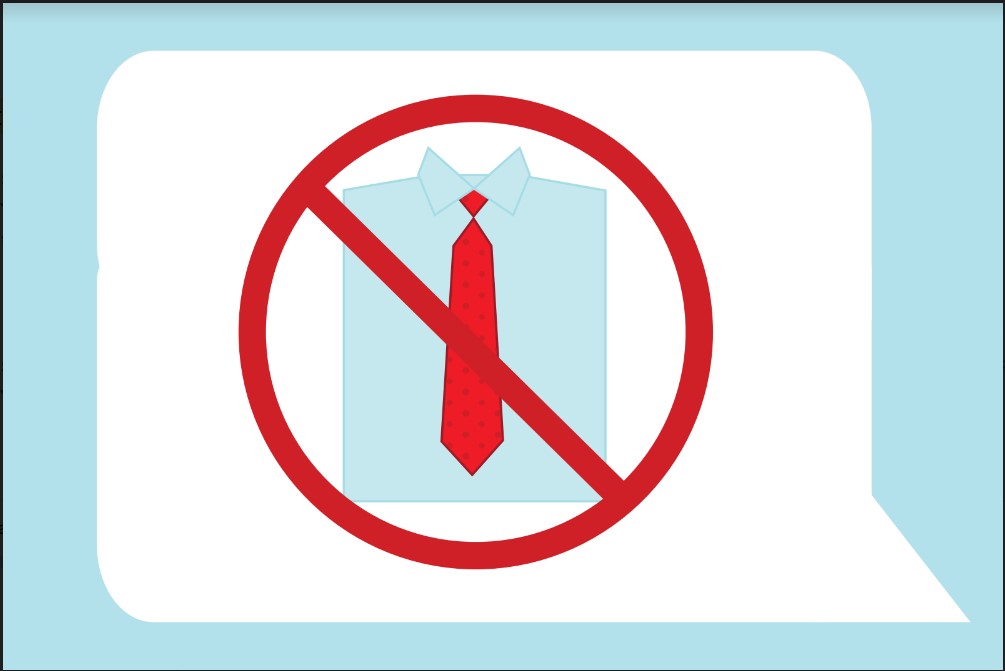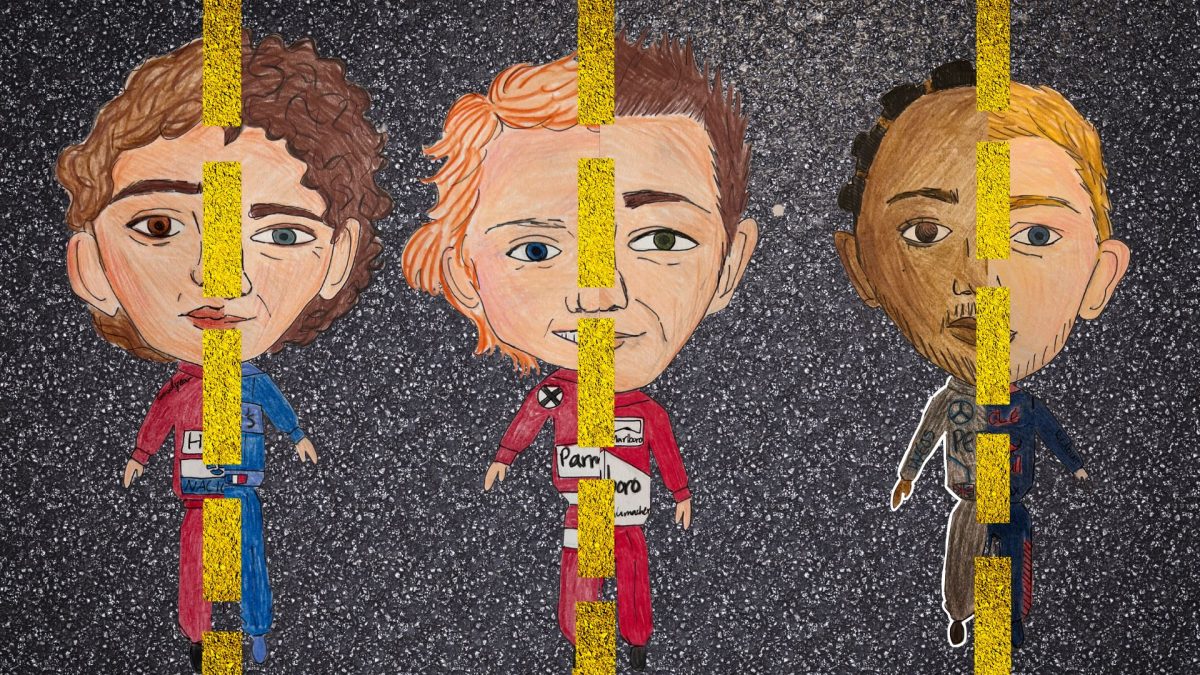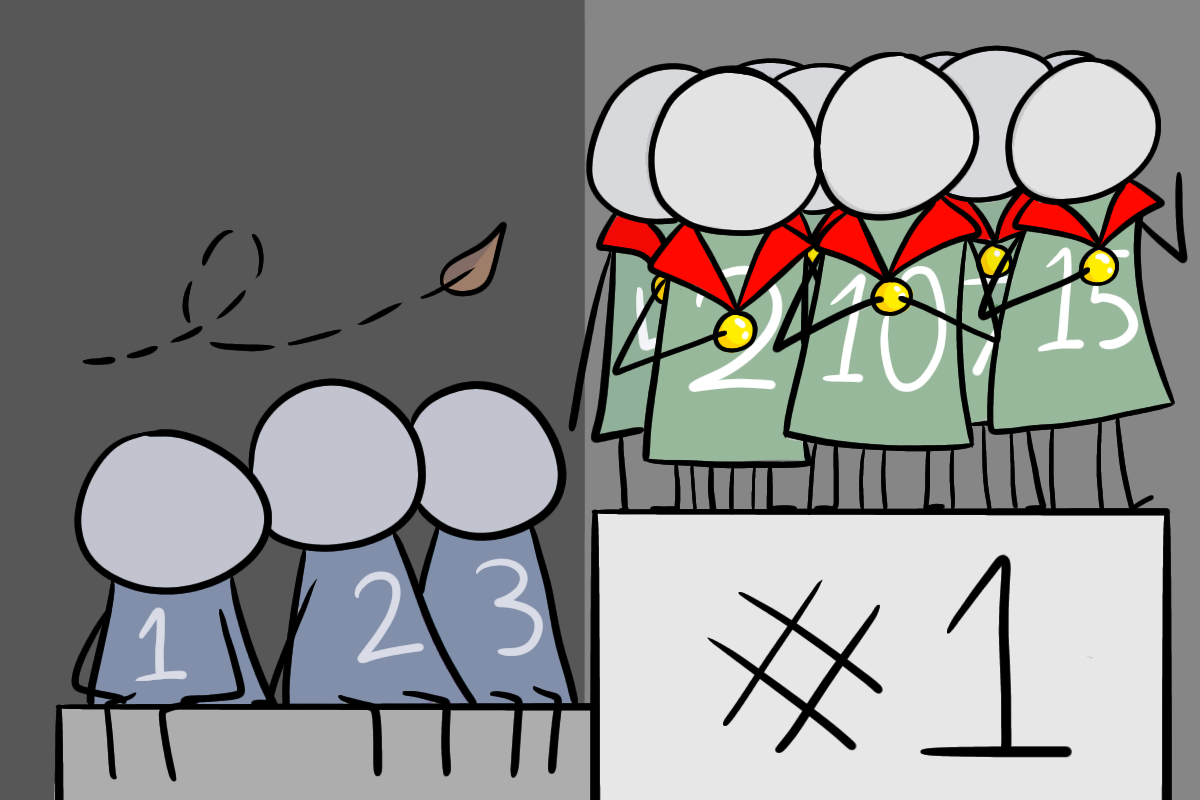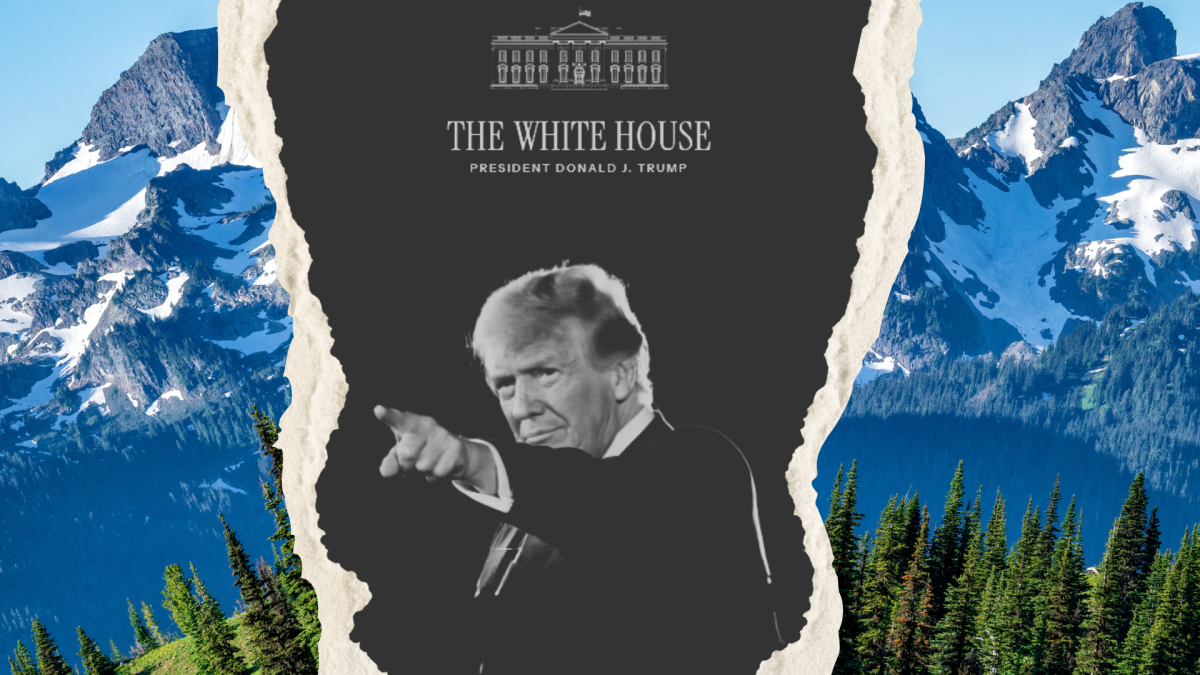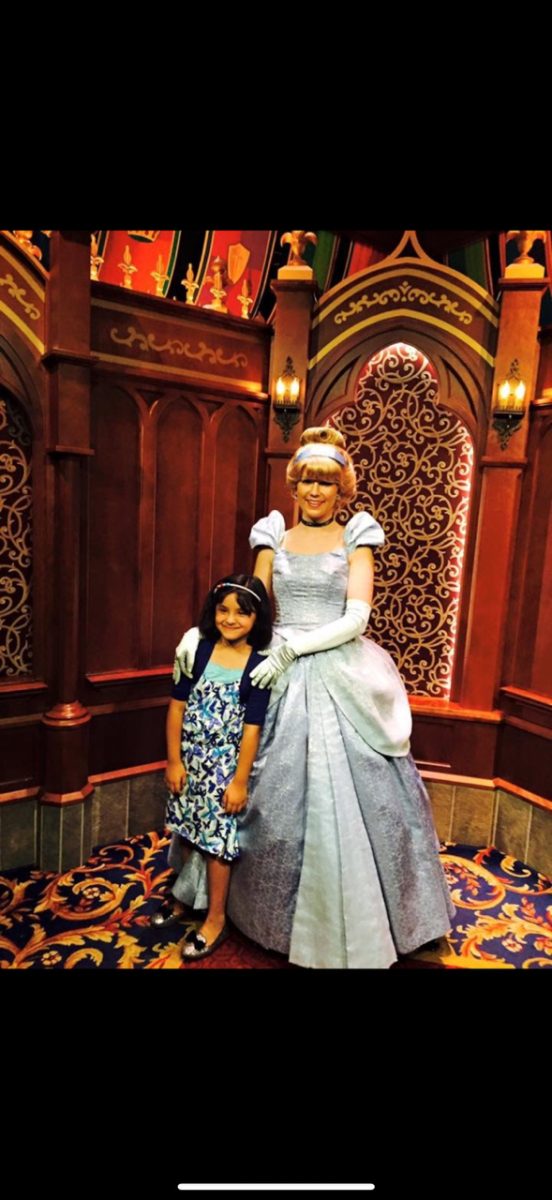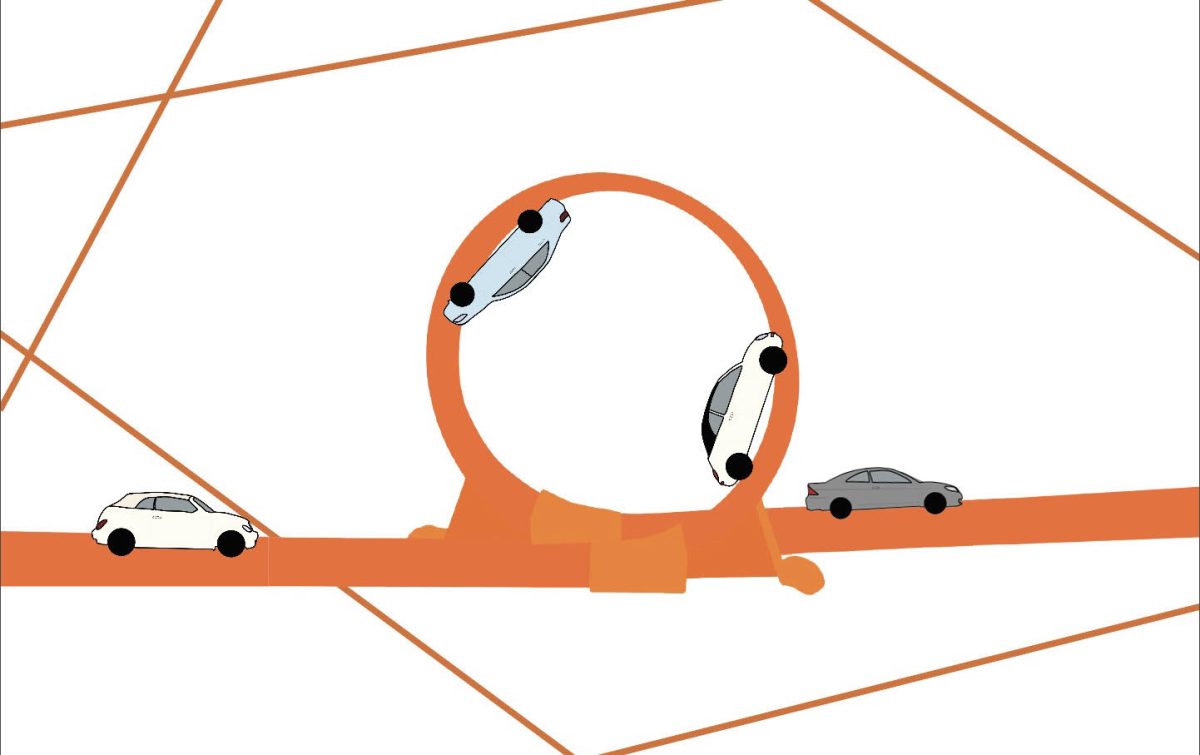At my funeral, I don’t want a single suit or dress there. I’m rolling over in my grave at every person without sweatpants. Society is divided into two groups of people: those who feel comfortable dressing up and those who hate it. For some, dressing up can be awkward, and thus it shouldn’t be expected of people to dress formally.
Moving away from the typical practice of wearing formal clothing in most environments would be difficult, so the transition should start simple. It’s important to note that there are two major reasons for wearing nice clothes, excluding humor and personal preference. The first of which — the one that’s harder to change — is to impress someone, worn for job interviews or dates. In these instances, formal clothing is reasonable… for now. The other major reason to wear formal clothes is to show respect at significant events, such as weddings, funerals or graduations.
However, there are better ways to show respect than just attire for all of these events. Respect can be shown through gifts, attitude and conversations. At funerals, formal clothing is only worn to show respect to the deceased. However, if you haven’t shown respect to the person in life, your respect shouldn’t matter in death.
Another environment in which people always wear formal clothing is weddings. I’m not arguing that to-be-weds should wear hoodies — I’m not that crazy (although, if they wanted to, no one should stop them), but when you’re attending a wedding as a guest, formal clothing shouldn’t be required. In an environment like a wedding, wearing formal clothing fosters self-consciousness among guests. If you’re worried about wedding pictures, you shouldn’t be. You’re paying wedding photographers to get good pictures, so it’s their job to adapt to whatever guests are wearing.
Another concern is financial access. Buying fancy clothing can quickly build up expenses, making it unaffordable to many. The average new suit costs around $300. Even used suits can cost a lot and are typically lower quality, which decreases durability. Anyone who consistently needs to wear a suit will need to own at least two, which costs significant money. Furthermore, the social effects of formal clothing to garner respect in the workplace or at weddings are classist. Many studies, including a 2019 study about the general public’s perceptions based on attire, have shown that those who wear formal clothing in the workplace end up receiving more bonuses and raises. Classism can be a major effect of requiring formal clothing.
Another good reason for not wearing formal clothes is to eliminate discomfort. While not applicable to everyone, many people find formal clothing uncomfortable. It shouldn’t be required to be worn as much because some people feel unnatural in such environments. A 2009 study about the relationship between perceived comfort and exam performance shows that the more uncomfortable a person is in their clothing, the lower they score on tests, proving that wearing formal clothing reduces proficiency when performing certain tasks.
There have also been many recent changes to this efficiency. COVID-19 has an interesting effect on workplace dress code expectations. I’m sure you’ve heard of the Zoom meeting outfit: a formal button-up shirt paired with pajama pants. The existence of this trend is the epitome of what I’m arguing for. People don’t want to dress up. They don’t want to dress up so much that it’s become a popular sentiment to avoid wearing dress pants on a business call. The needs and wants of the working population are reflected through jokes like this. Ultimately, society should accept that people can go to work and not be required to wear formal attire.
In the end, requiring formal attire negatively affects many people in many different ways. By removing the expectation of formal clothing, there can be an increase in confidence, comfort and efficiency.



